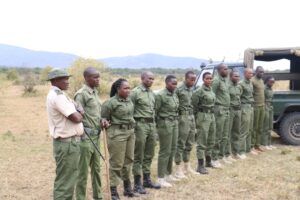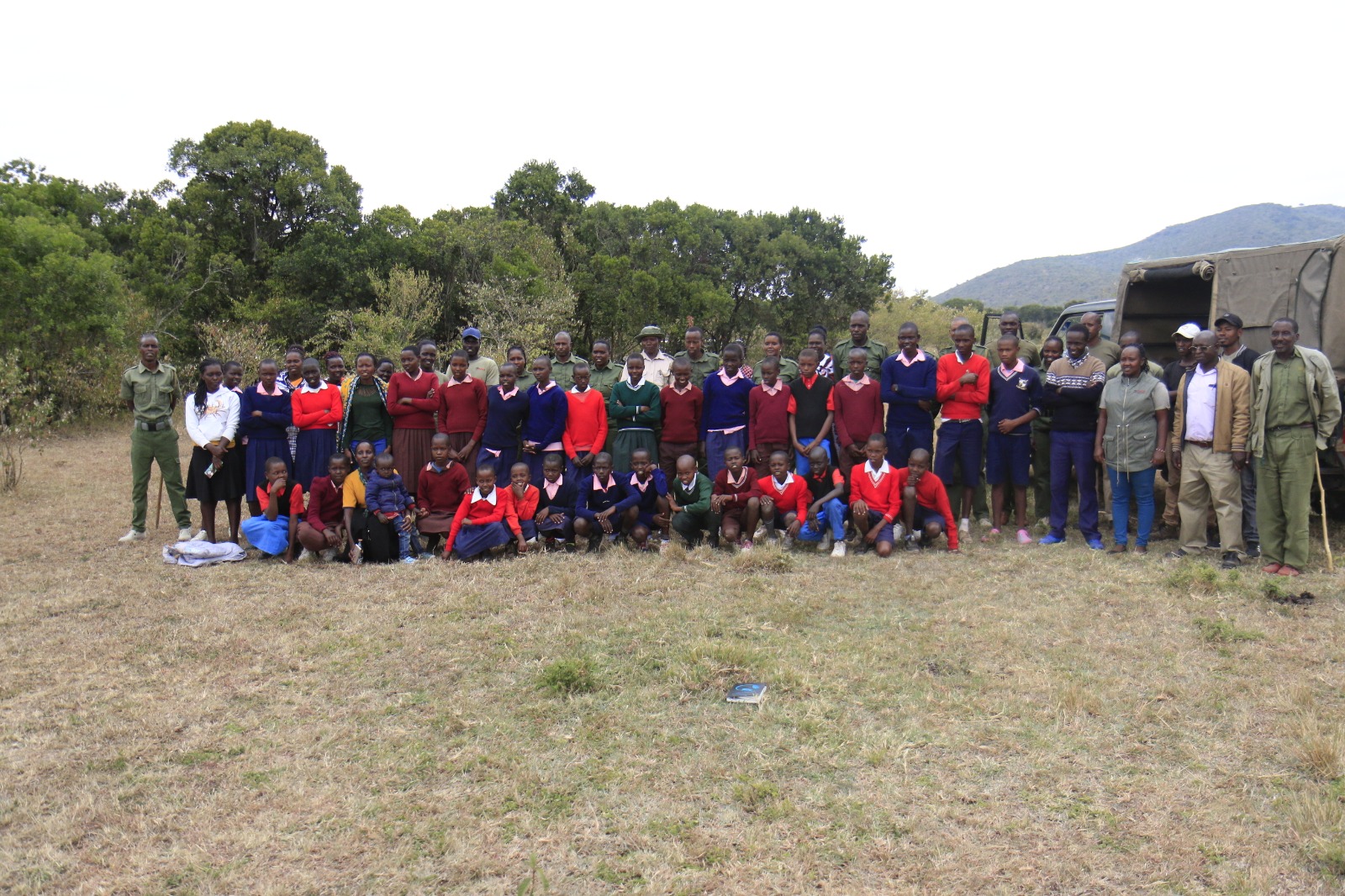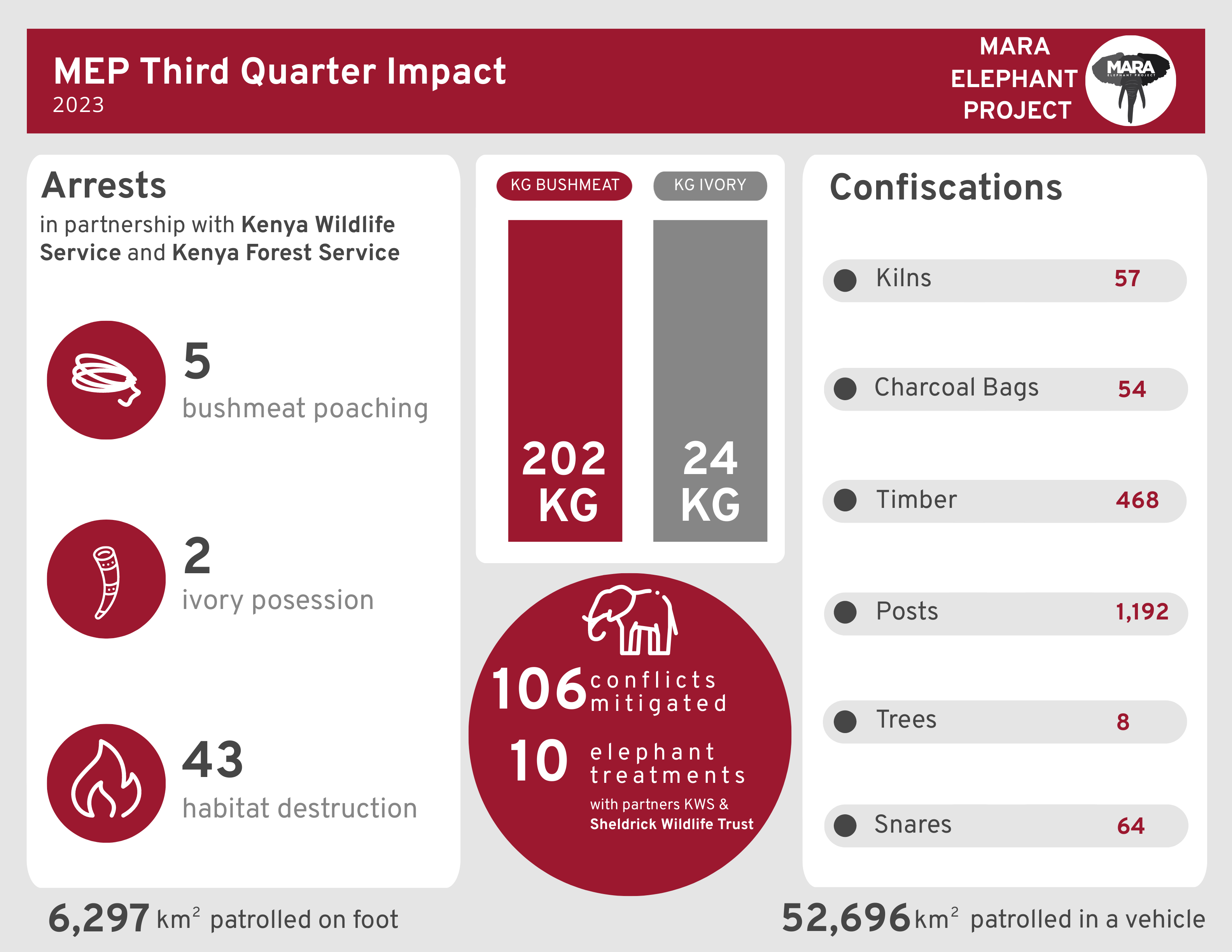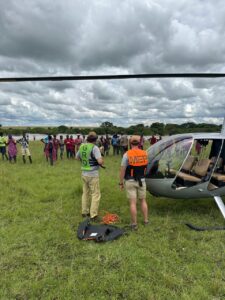In the third quarter alone, Mara Elephant Project rangers responded to a total of 106 conflict incidents, which is only 80 less than the entire total for 2022 making the ranger’s drone training and deployment this year vital to their operations. This key conservation tool to mitigate conflict was deployed by MEP’s headquarters team to respond to several incidents involving elephants inside the fences near MEP HQ. The mobile ranger team was using their drone to mitigate conflict and conduct monitoring flights to check elephants for injuries.
In Loita, the drones were especially useful to the “Echo” and “Bravo” ranger teams to monitor elephant movements in thick bush and respond to conflict with communities bordering the forest. These operations have been made possible through the effective use of drones, aiding our teams in pushing elephants back to their habitats and ensuring the safety of both local communities and elephants.
The MEP “Lima” ranger team deployed in the high conflict area of Mosiro were deployed at the end of June, so this quarter was their first on full-time patrol. During the third quarter, these men and women regularly escorted children to and from school as their walking path was often inhabited by elephants. They responded to multiple conflict incidents where elephants crossed into fenced farms. The team rapidly responded and pushed the elephants back to safety using firecrackers, and in one instance, alongside Wilson Sairowua, they deployed a drone to push the elephants back to safety. In August, the MEP “Lima” ranger team put their newly acquired skills to the test after a man was injured as a result of an elephant. Sironka was herding livestock in Mosiro with a herd of 70 elephants nearby and was injured when an elephant charged and knocked down a tree on top of him. Luckily, MEP rangers were nearby, and they responded by moving elephants away from the scene and administering first aid to Sironka before transporting him to a nearby clinic where and followed up with him after he was released. The team also responded to deter habitat destruction activities by destroying charcoal kilns and confiscating illegal timber and posts. In early September, the team attended a community meeting in Mosiro to hear directly from the area Chief and over 100 community members and the rangers spoke passionately about their work in conservation and encouraged collaborative efforts to protect the wildlife and wild spaces in this area. A promising start for the “Lima” team as they begin to have an impact in this unprotected area.
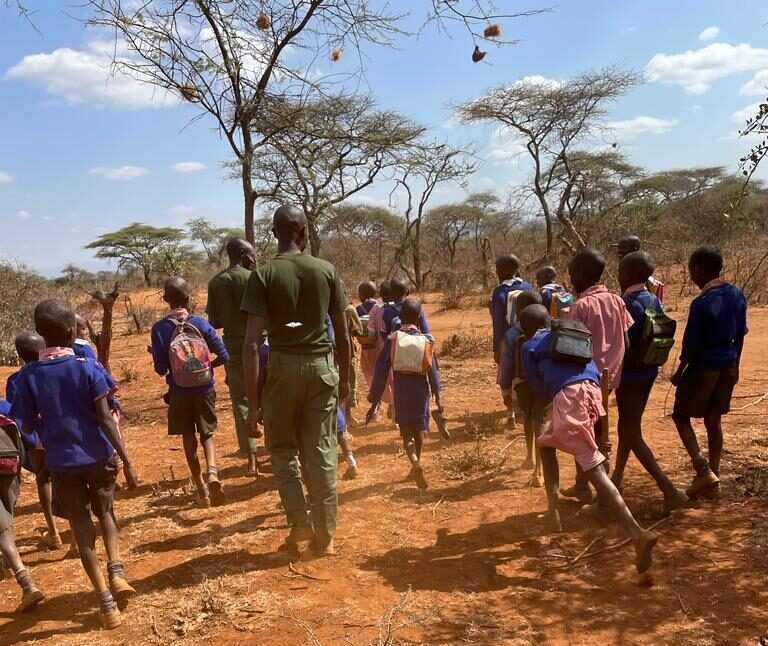
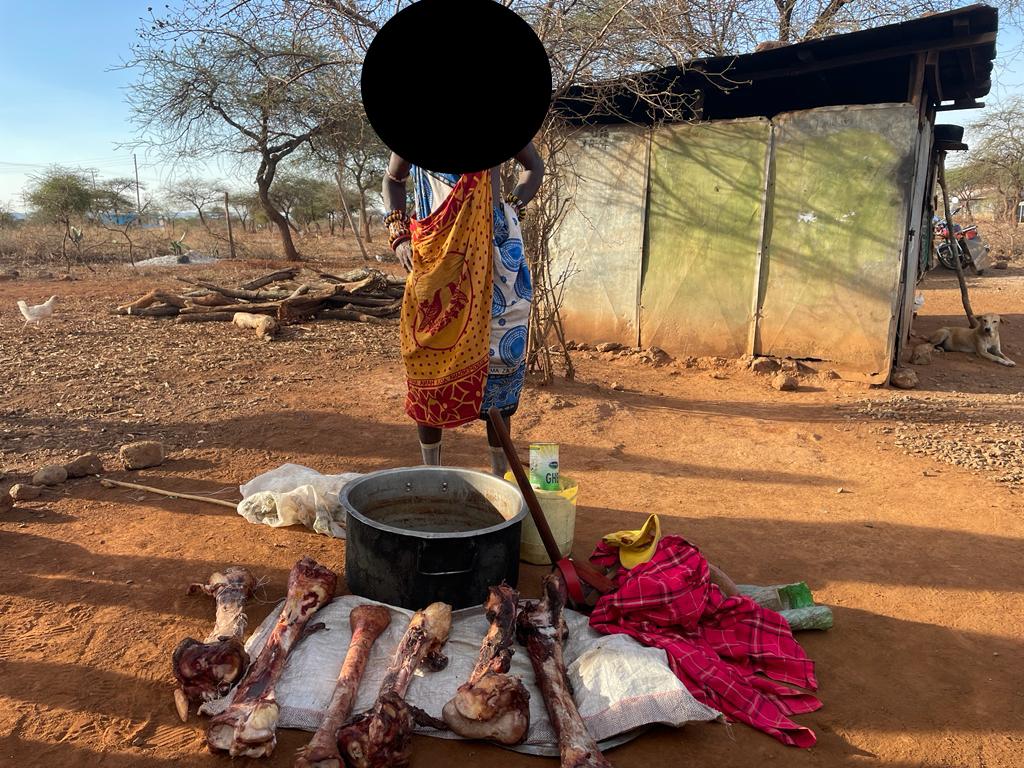
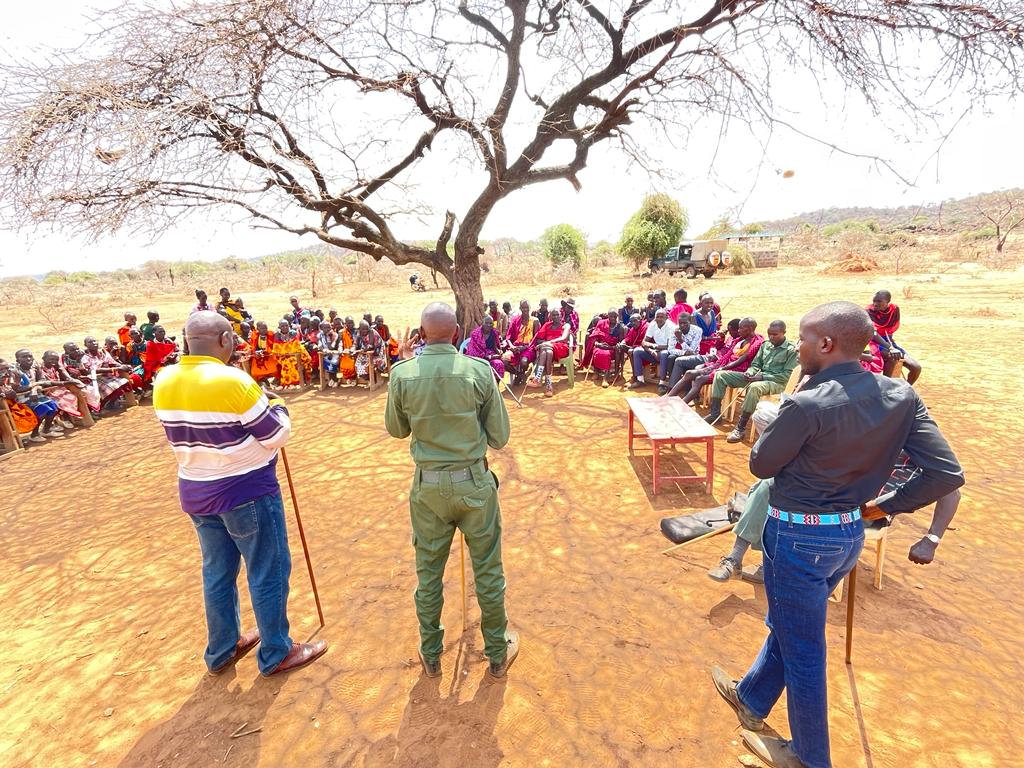
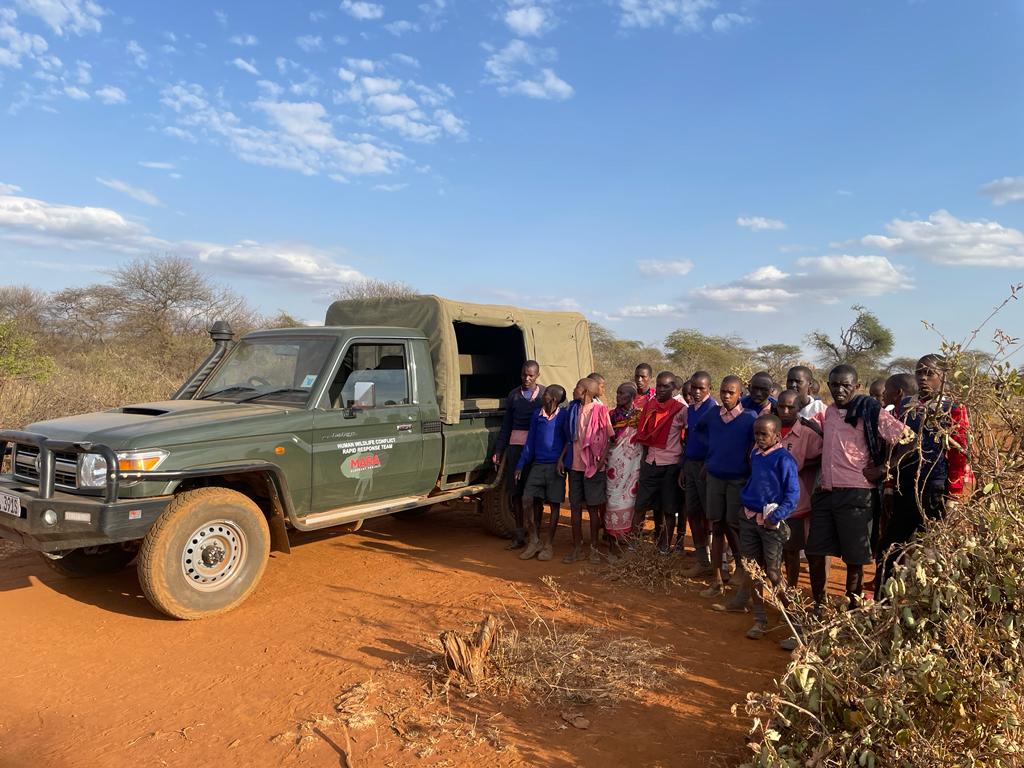
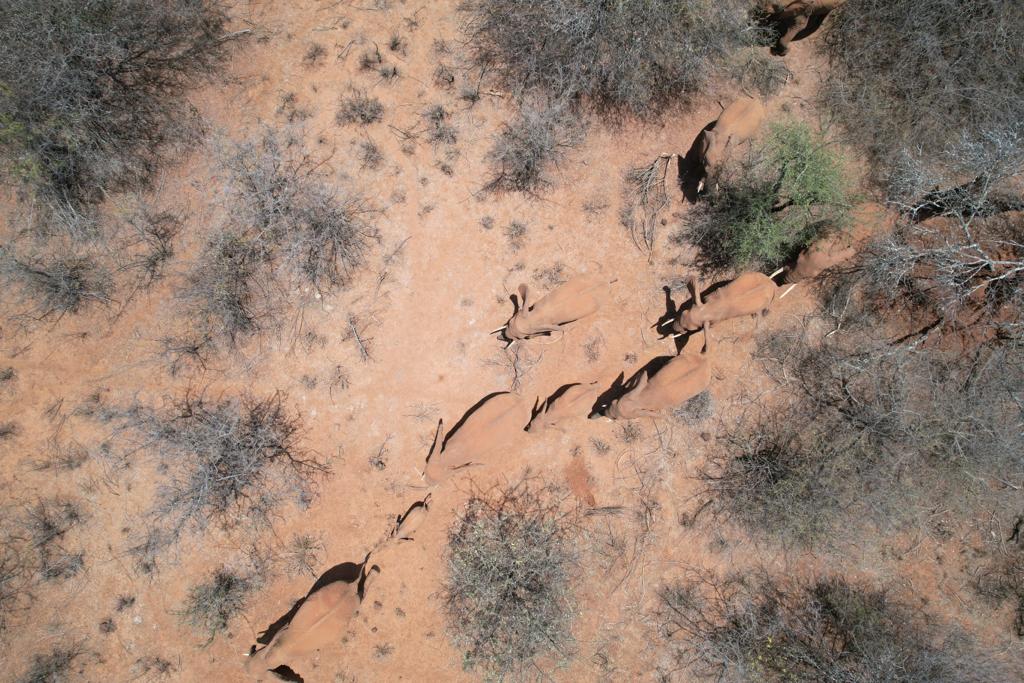
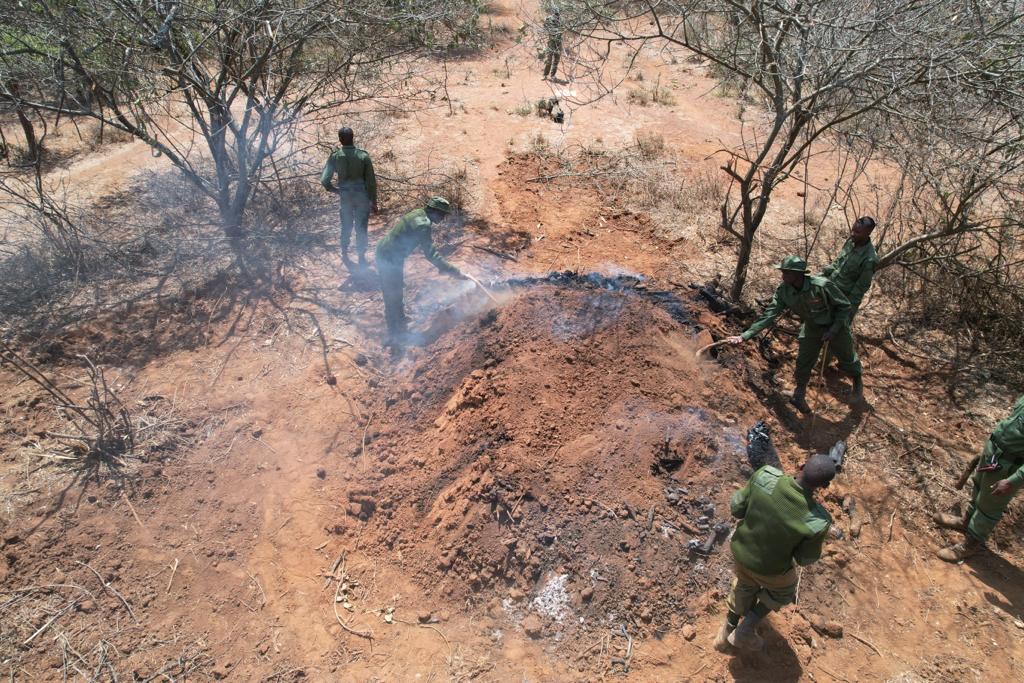
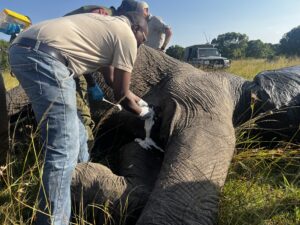 MEP rangers and researchers assisted in a total of 10 elephant treatments in the third quarter. In July, the MEP mobile ranger team received reports of two injured elephants in one day. The first, a female, had a spear wound and MEP’s community rangers assisted Kenya Wildlife Service (KWS) Vet Dr. Aminga from the Sheldrick Wildlife Trust (SWT) Mobile Vet Unit in the successful treatment. Later that day, the team partnered again to treat a bull with an arrow wound. Both treatments required a team effort alongside personnel from Naboisho and Olare Motorogi conservancies. In late August, the MEP mobile ranger team came across an injured bull elephant during their routine patrol. The team immediately called in KWS Vet Dr. Njoroge from the SWT Mobile Vet Unit to treat him for a spear wound on his right leg. Then, in September, the MEP ‘Golf’ ranger team received a report from Oloisukut Conservancy rangers that a young female elephant was injured and needed treatment. MEP called in our partners to treat the elephant for a spear wound on her left rear leg while MEP rangers assisted on the ground.
MEP rangers and researchers assisted in a total of 10 elephant treatments in the third quarter. In July, the MEP mobile ranger team received reports of two injured elephants in one day. The first, a female, had a spear wound and MEP’s community rangers assisted Kenya Wildlife Service (KWS) Vet Dr. Aminga from the Sheldrick Wildlife Trust (SWT) Mobile Vet Unit in the successful treatment. Later that day, the team partnered again to treat a bull with an arrow wound. Both treatments required a team effort alongside personnel from Naboisho and Olare Motorogi conservancies. In late August, the MEP mobile ranger team came across an injured bull elephant during their routine patrol. The team immediately called in KWS Vet Dr. Njoroge from the SWT Mobile Vet Unit to treat him for a spear wound on his right leg. Then, in September, the MEP ‘Golf’ ranger team received a report from Oloisukut Conservancy rangers that a young female elephant was injured and needed treatment. MEP called in our partners to treat the elephant for a spear wound on her left rear leg while MEP rangers assisted on the ground.
The MEP/ SWT Mau De-Snaring Units partnered with the Bongo Surveillance Project (BSP) and Kenya Forest Service (KFS) in the third quarter to increase protection for the Mau Forest and the wildlife that call it home. The “Alpha” and “Charlie” teams of community rangers destroyed kilns, charcoal sacks, removed snares and responded to mitigate conflict with communities bordering the forest.
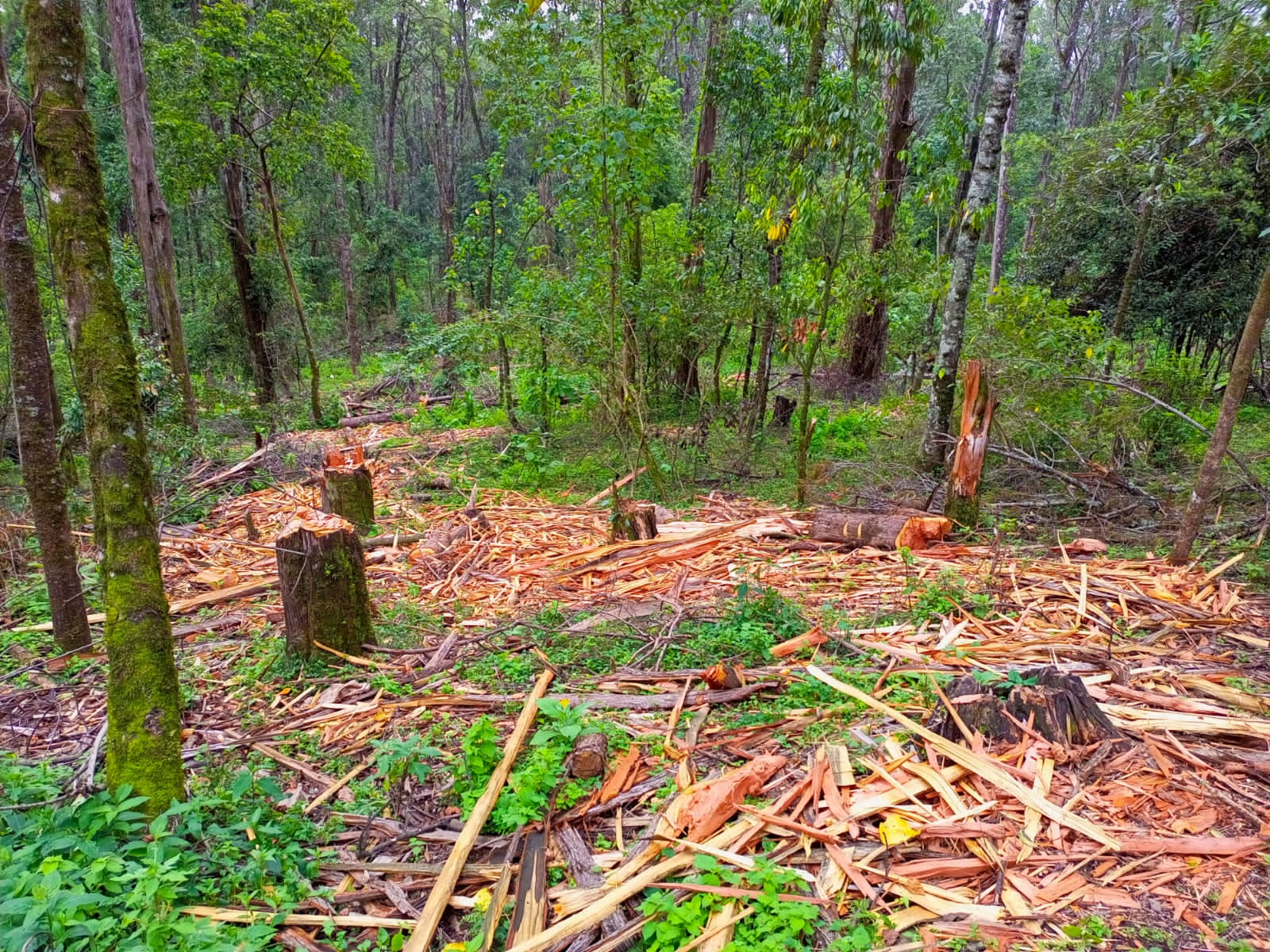
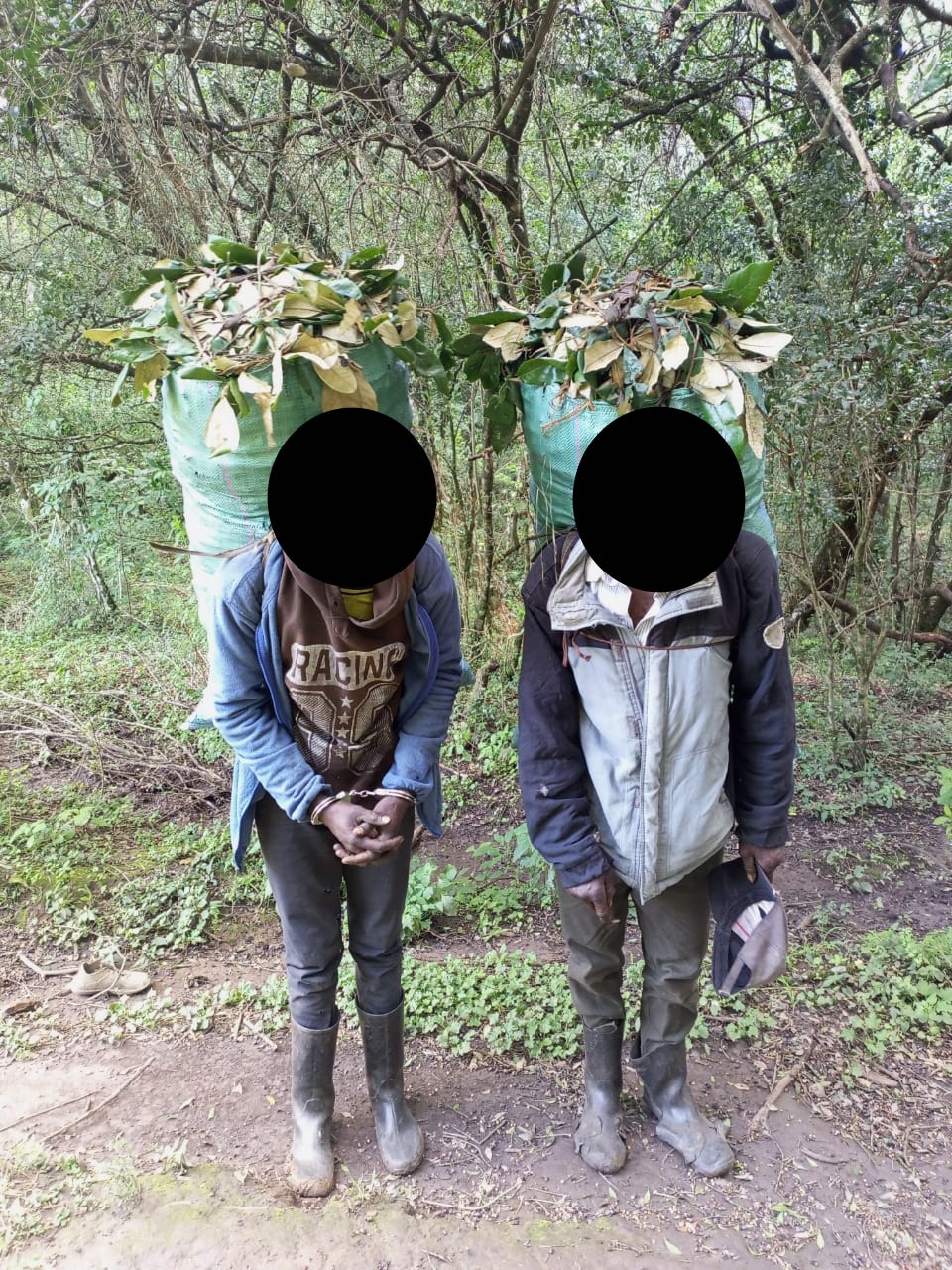
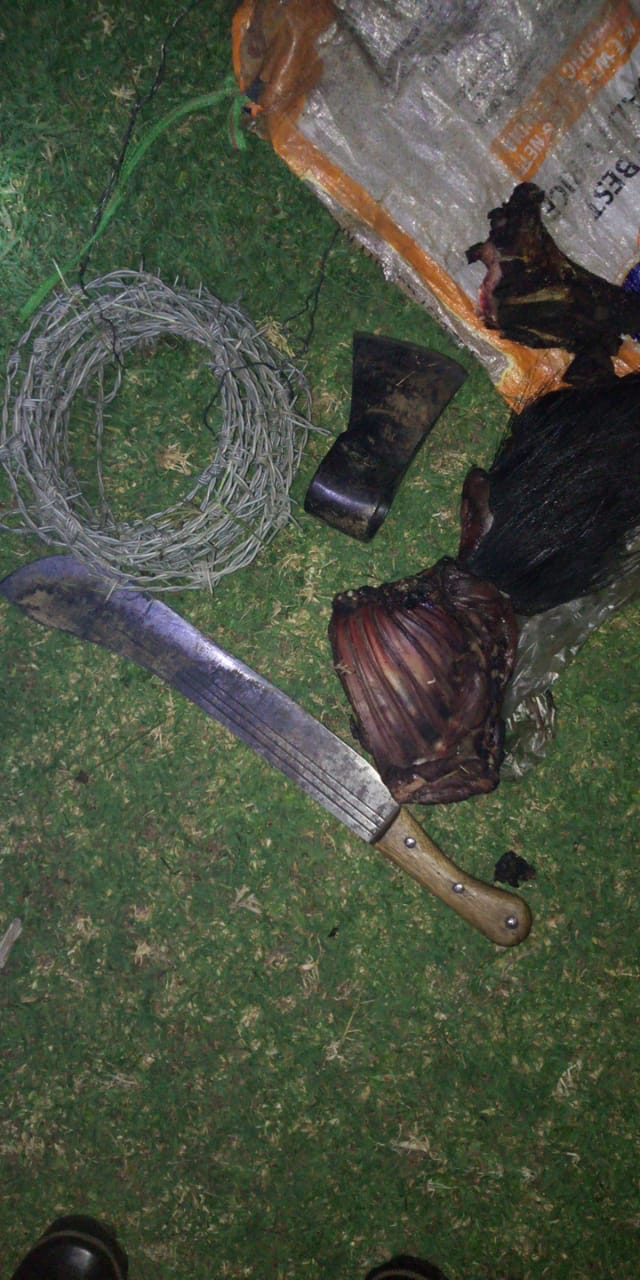
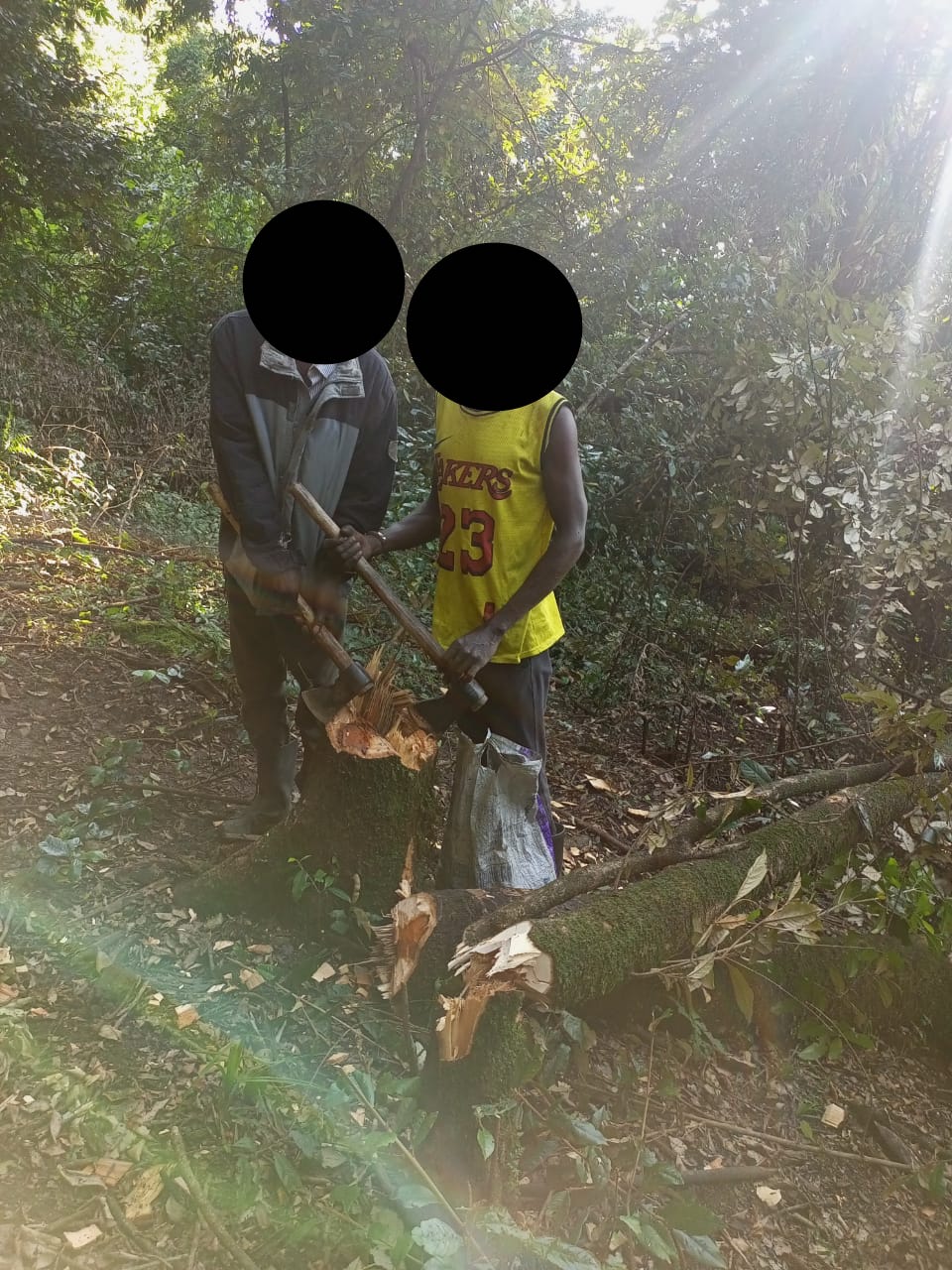
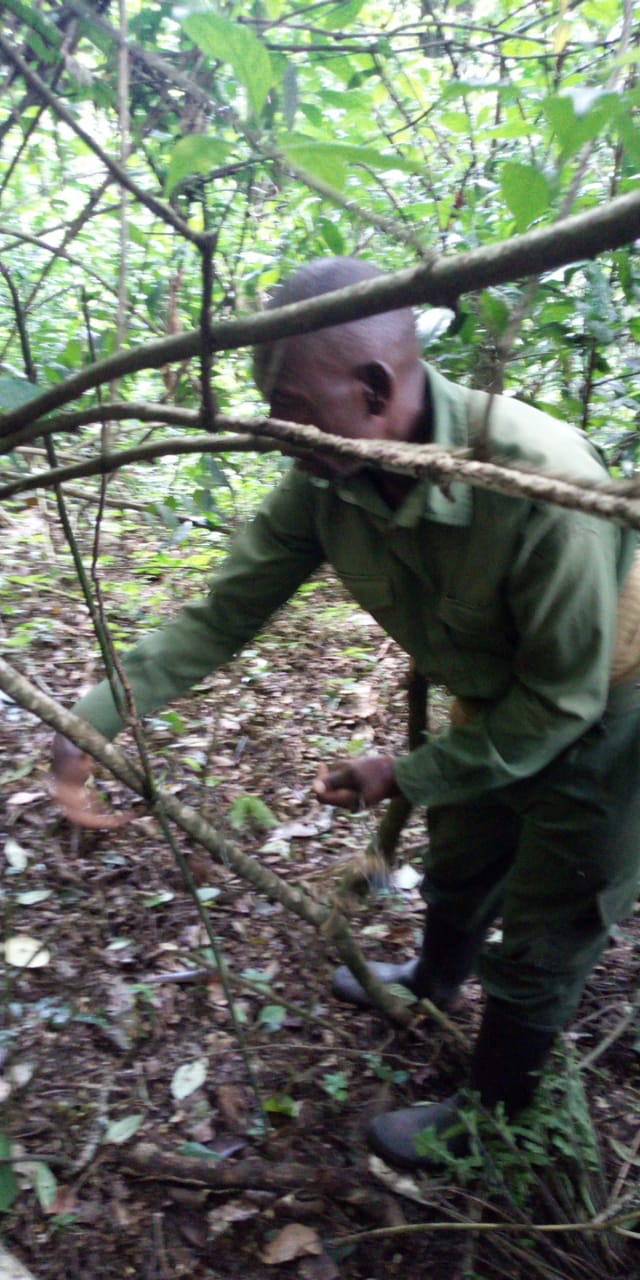
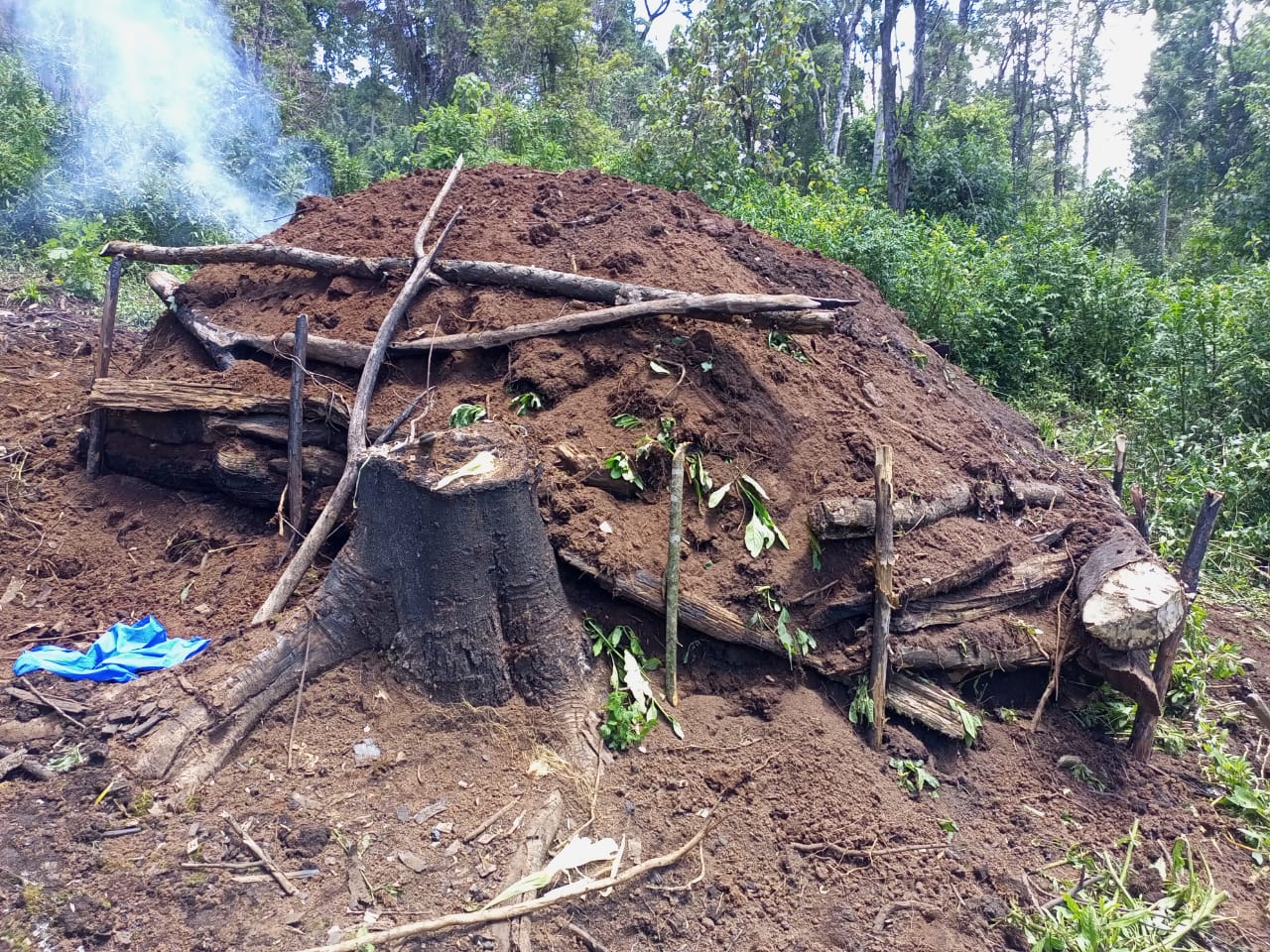
Overall, in the third quarter, MEP rangers alongside government partners arrested two ivory suspects and five bushmeat poaching suspects and 43 habitat destruction suspects. They also confiscated 202 kg of bushmeat, 24 kg of ivory, 468 pieces of timber, 1,192 posts and eight trees. They removed 64 snares and destroyed 57 kilns and 54 charcoal sacks. MEP rangers patrolled a distance of 6,297 km2 (2,431 square miles) on foot and 52,969 km2 (20,451 square miles) in their patrol vehicle.
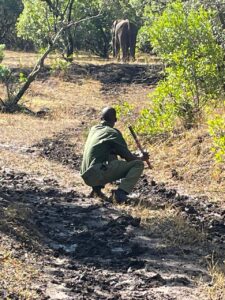 In the third quarter, MEP rangers continued their elephant monitoring efforts to record their health, safety and movement in high conflict areas across the Greater Mara Ecosystem.
In the third quarter, MEP rangers continued their elephant monitoring efforts to record their health, safety and movement in high conflict areas across the Greater Mara Ecosystem.

